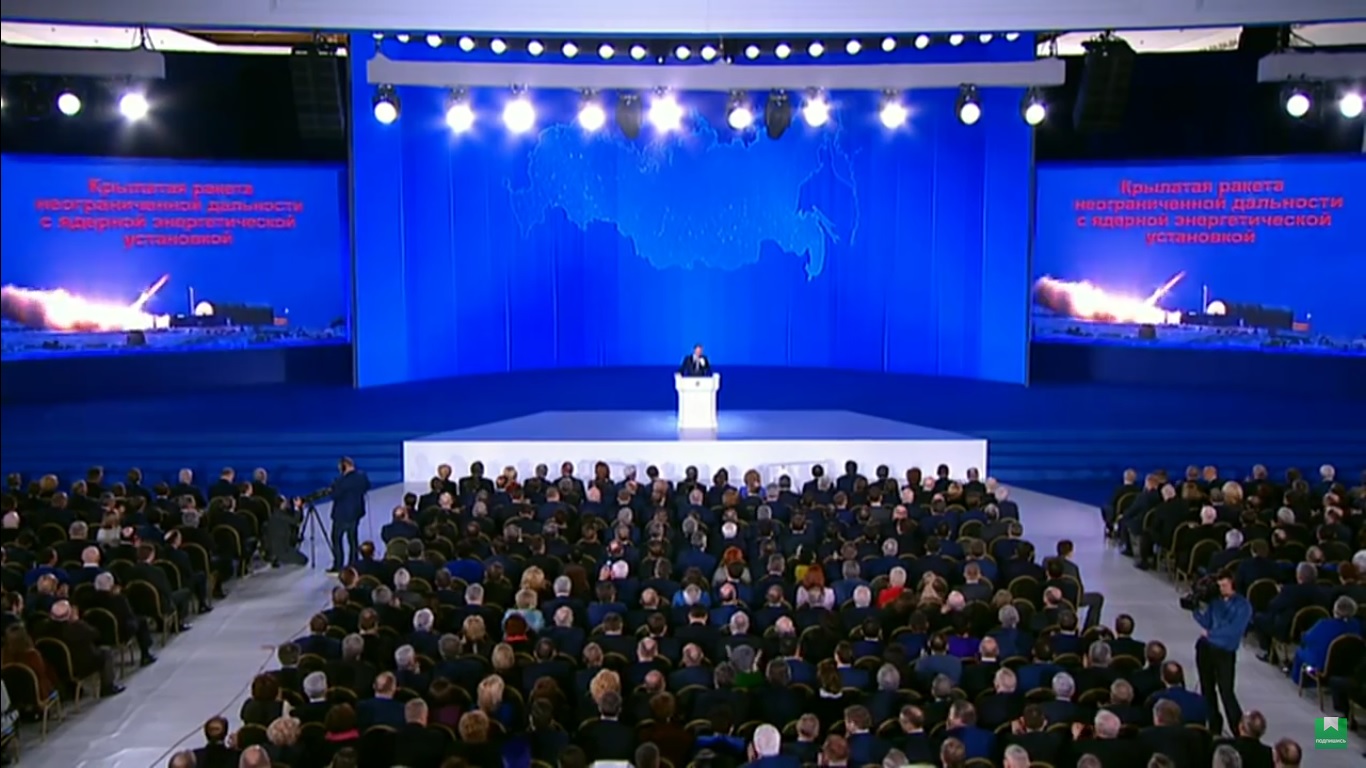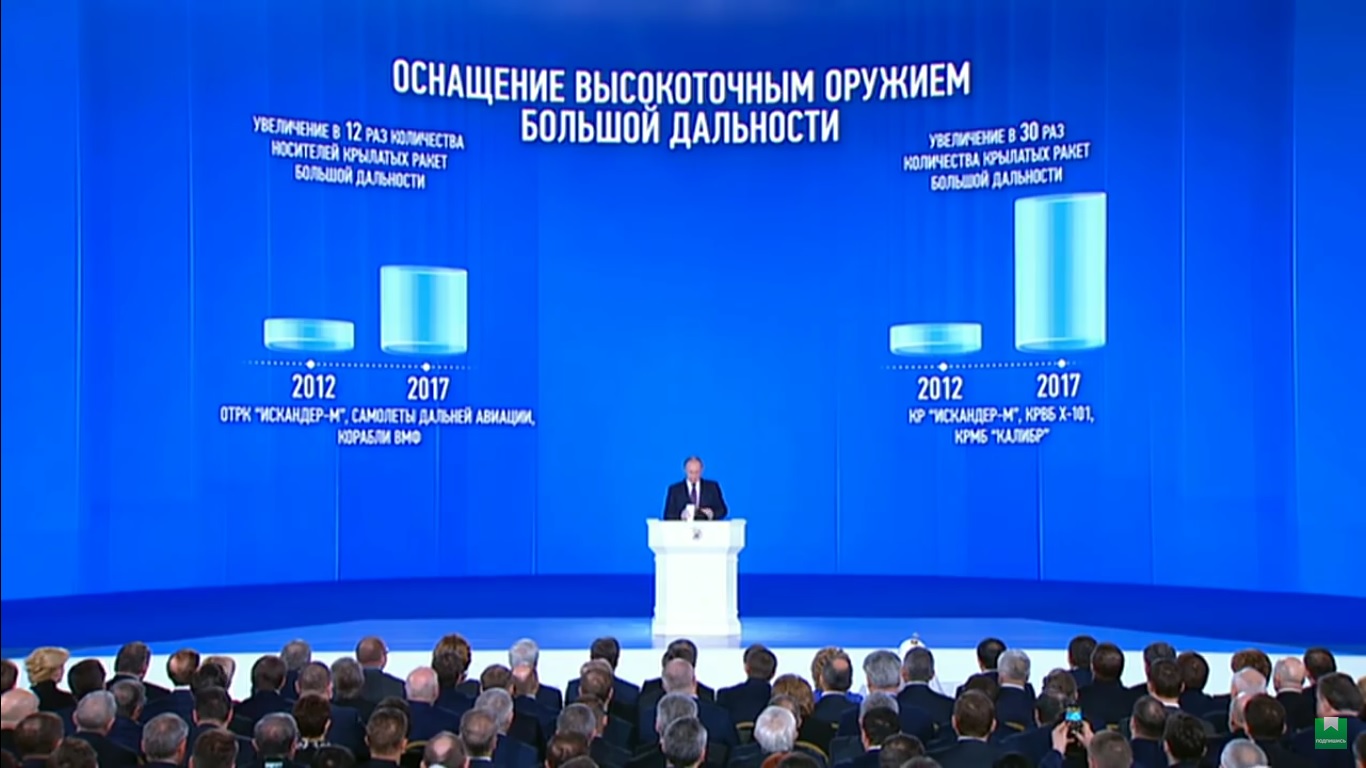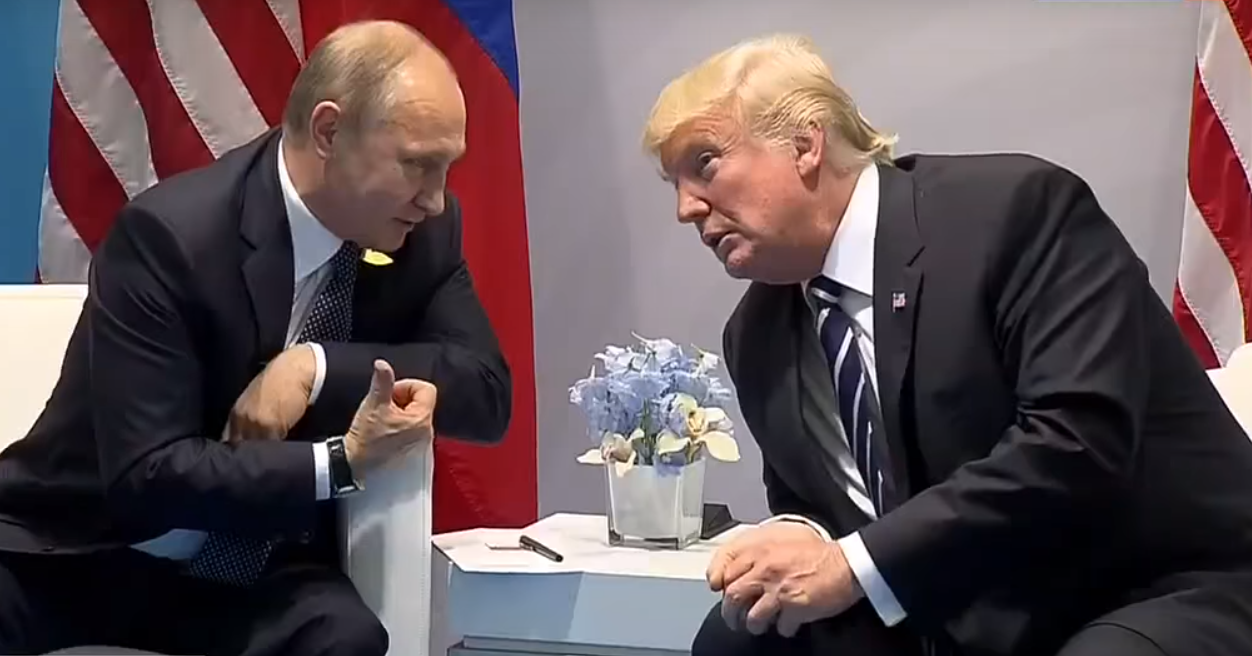The August 2, 2017 law to counter Russian aggression requires that the Trump Administration identify in a report to Congress all Russians who have illegally acquired wealth in their own country and then invested it in the US and begin to confiscate those funds which now amount to more than a trillion US dollars, according to Andrey Piontkovsky.
“In effect,” the Russian commentator says, this law is “a declaration outside the law as a criminal community of the entire higher Russian leadership, which is keeping in the United States the wealth it has stolen in Russia,” up to and including “the first persons of the state,” including Vladimir Putin.
On the one hand, Piontkovsky suggests, it is leading to visits to Washington by the Russian owners of this wealth or their representatives who are seeking to find a way out of this threat to their holdings. And on the other, he implies, the Russian government and those in the US who do not want to see a deterioration in ties will be exploring how to avoid this outcome.
Given that the kleptocratic nature of the Putin regime has been known for a long time, one might recently ask why American laws against money laundering haven’t been applied to Russians. The answer, the Russian analyst says, is that the West has been “to a certain degree complicit in these unethical actions.”
But now despite Donald Trump’s opposition, Congressional action has fundamentally changed the situation.
Indeed, after February 2, 2018, the calculation of Russian leaders that they can “steal there” but keep their illegal gains in the West will no longer be in effect. “Such a form of kleptocratic existence required the active and far from unselfish cooperation of Western elites with the Kremlin.” As a result, the two countries will relate to each other in a very different way.
How different, of course, depends on whether the American courts will not cave as the Swiss venues did in the case of former Russian agriculture minister Yelena Skrypnik, first freezing her accounts and then ending the case and allowing her to recover control of her deposits there regardless of the source.
As Piontkovsky observes, that is far from the only obstacle to the realization of the August 2 act’s intentions.
There is a way out of this legal “collision,” the Russian commentator says. After the list of Russian officials who have stolen money is published, the US government could declare its willingness “in the shortest possible time to hand over all the seized assets into Russia’s ownership” if certain precautions are taken.
Those would involve, Piontkovsky says, “the adoption of a law in the Russian Federation about the complete and life-long lustration of all bureaucrats and oligarchs who stole these assets,” something that would not exclude their “further criminal prosecution both in Russia and in the US in correspondence with the legal systems of the two countries.”
“Unfortunately,” he continues, when major powers are involved, “it rarely happens that a decision taken is at one and the same time both moral and pragmatic.” Returning the wealth of Russia to Russians will mean “also the implicit recognition by the US officials of responsibility of their predecessors for the indifference” they showed to what Russians were doing.
The stealing of Russian assets and Moscow’s aggression against Ukraine are “different crimes although they were committed – and this is not an accident but the most profound logic – by practically one and the same people,” Piontkovsky says. The assets must be returned to the Russian people, and Russian aggression must end and compensation to Ukraine given.
If American law is allowed to function as it should, the Russian commentator concludes, “Russian-American relations will change in a radical way: Russians will highly value the decisive role of American law in the return of the enormous sums stolen from them and that they had accumulated” by enormous effort over several generations.
Related:
- Putin’s ‘secret weapon’ against the West – massive illegal cash hordes in foreign countries
- Russia earned 3 trillion US dollars from petroleum and stashed abroad over half of that, OilStat analysts say
- Putin blames West for all of Russia’s problems but refuses to criticize Trump
- Is Trump’s delay in imposing new sanctions playing into a larger Moscow game to lift them?
- Recent US survey shows American public in favor of stronger sanctions on Russia
- Russia recruited over 5,000 mercenaries to fight in its wars abroad, SBU says
- Wagner mercenaries: what we know about Putin’s private army in Donbas








